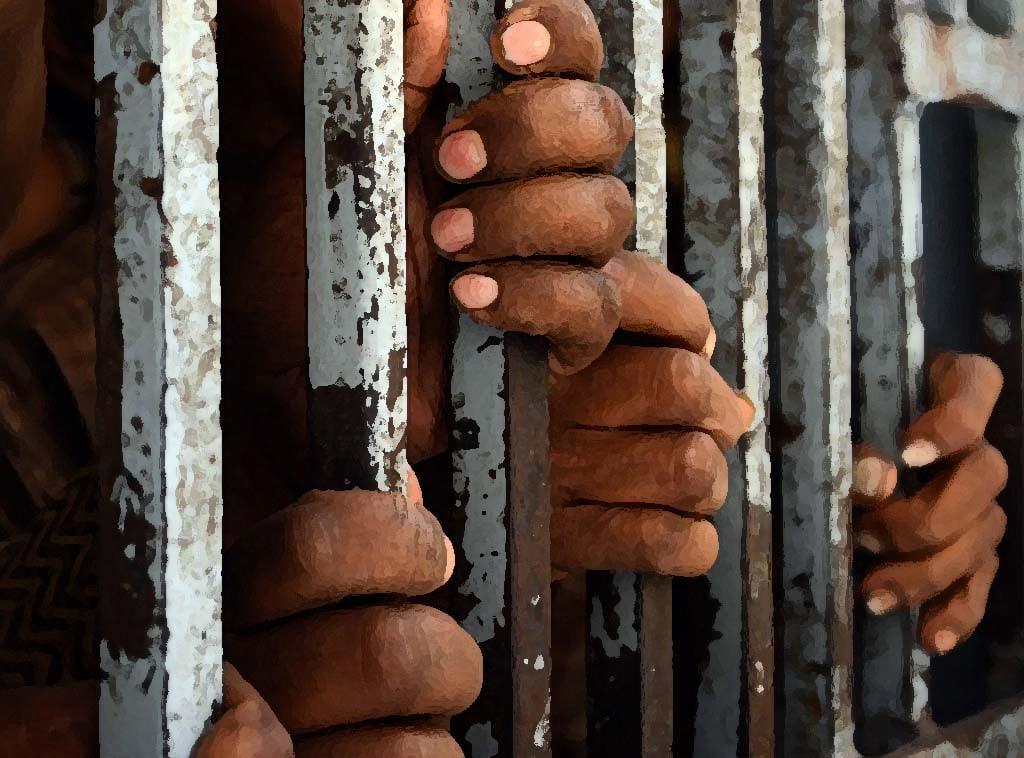Lahore:
The Human Rights Commission of Pakistan (HRCP) has released a comprehensive regional political framework that relates to the protection of human rights for fishermen who are unintentionally caught across the maritime borders of Pakistan and India.
The report highlights the situation of poor fishermen from both countries, the discriminatory treatment they face in prisons, and the devastating effect of their detention on their families.
According to the report, dozens are arrested by Pakistani and Indian fishermen every year in the Arab Sea for unintended crossing of maritime borders. Most of these fishermen belong to poor coastal communities and are detained for extended periods of time without trial, completely cut off from their families.
HRCP has emphasized that the arrest of fishermen should be treated as a humanitarian concern rather than a matter of national security or political dispute. “This is not a political question, but a human tragedy that can no longer be ignored,” said HRCP director Tahira Hasan.
The report attributes the primary reason for these arrests to the lack of clearly defined maritime boundaries between the two countries.
Many fishermen who lack modern navigation equipment are unconsciously transforming into foreign waters and arresting. Once imprisoned, they often endure years in prison, while their families suffer from huge emotional and financial difficulties.
Based on two years of research, including interviews with over 100 affected families and an analysis of international laws, HRCP has made several specific recommendations.
These include mandatory notification to families and consular officials within 24 hours of an arrest, clear maritime border boundary, joint monitoring of border areas, custody prevention, delivery of medical treatment and regular communication rights for imprisoned with their families.
The report also includes heartbreaking testimonies from families on both sides of the border.



